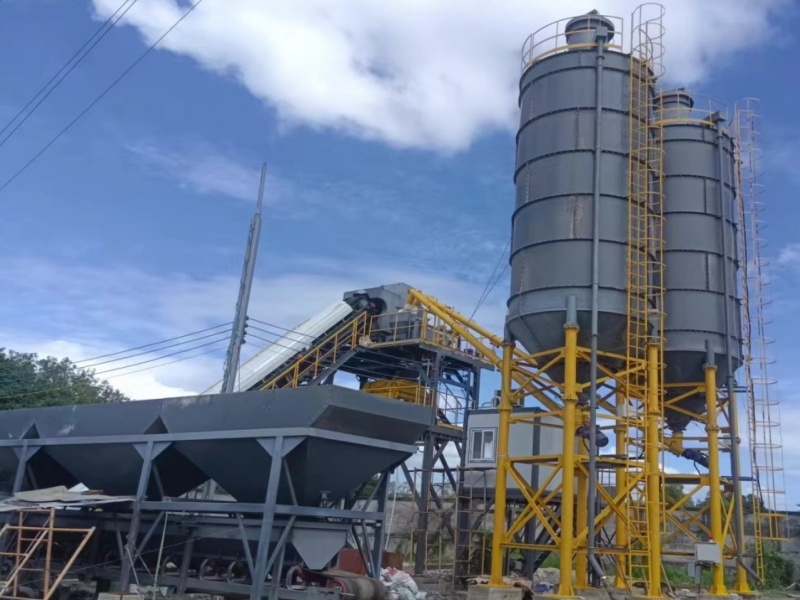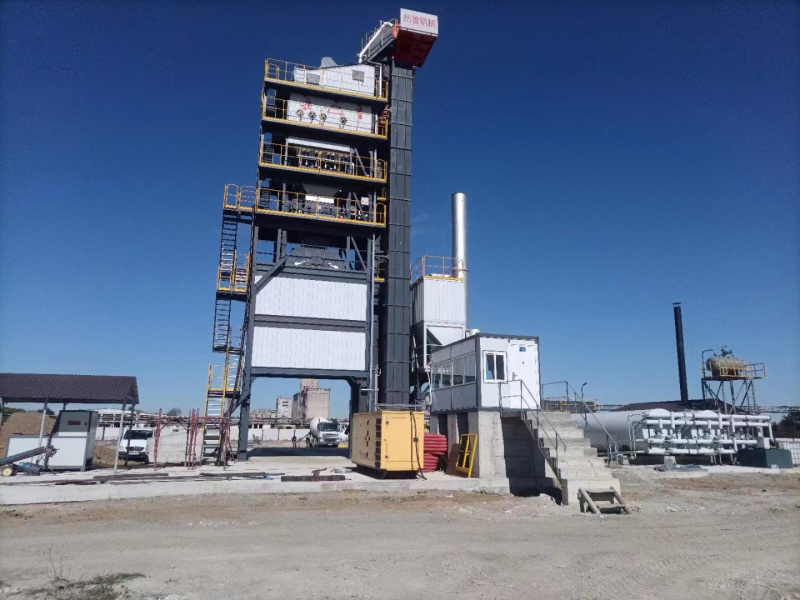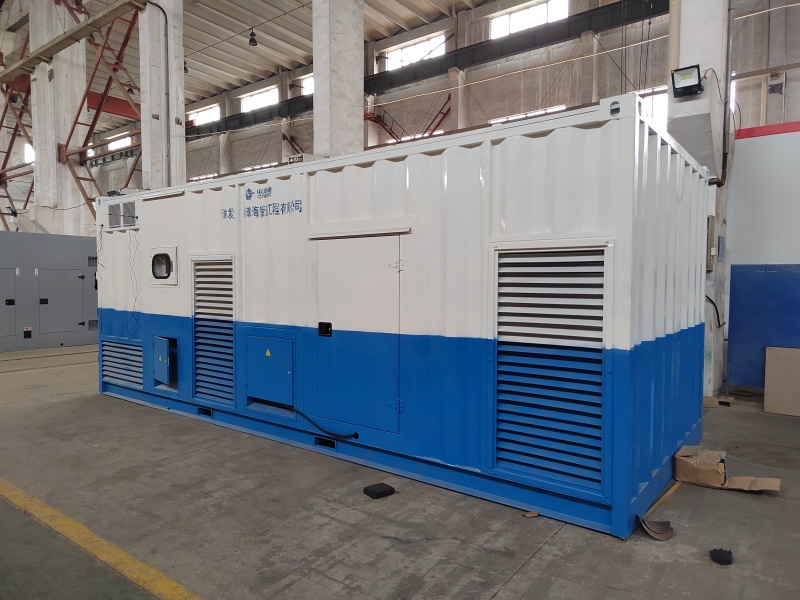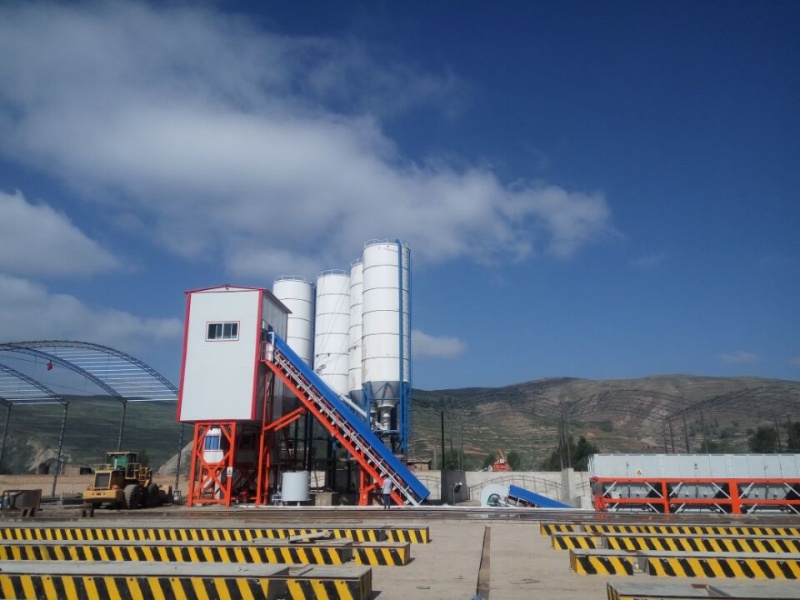CE Certification stationary concrete plant
Obtaining CE Certification for Your Stationary Concrete Plant
This comprehensive guide explores the process of securing CE certification for your stationary concrete plant. We'll cover the essential requirements, necessary documentation, testing procedures, and best practices to ensure a smooth and successful certification process. Learn how to navigate the complexities of European Union directives and achieve compliance, boosting your market access and credibility.
Understanding CE Certification for Stationary Concrete Plants
What is CE Certification?
CE marking signifies that a product complies with all relevant European Union (EU) health, safety, and environmental protection directives. For a CE Certification stationary concrete plant, this means demonstrating conformity to machinery directives like the Machinery Directive 2006/42/EC. This certification is crucial for selling and using your plant within the EU market.
Why is CE Certification Important?
Obtaining CE certification offers several significant advantages: It demonstrates your commitment to safety and quality, allowing you to access the vast EU market. It also enhances your brand reputation and builds customer trust. Furthermore, it helps you avoid costly legal repercussions from non-compliance.
Steps to Obtain CE Certification for Your Stationary Concrete Plant
1. Identify Applicable Directives
The first step involves identifying all EU directives relevant to your CE Certification stationary concrete plant. This includes directives related to machinery safety, electromagnetic compatibility (EMC), and potentially others depending on your plant's specific features. A thorough risk assessment is vital in this process.
2. Prepare Technical Documentation
Comprehensive technical documentation is essential for successful certification. This typically includes:
- Risk assessment report
- Technical design files (schematics, drawings, etc.)
- Instruction manuals
- Declaration of Conformity
- Test reports from accredited laboratories
3. Conformity Assessment Procedure
You must choose a conformity assessment procedure that aligns with the relevant directives. This could involve internal production control, conformity assessment by a Notified Body, or a combination of both. Notified Bodies are designated organizations authorized by EU member states to assess conformity.
4. Testing and Verification
Your CE Certification stationary concrete plant will undergo rigorous testing to verify its compliance with the identified directives. This testing might involve evaluating safety features, EMC characteristics, and other relevant parameters. Independent laboratories with accreditation are crucial in this step.
5. Declaration of Conformity
Once testing is complete and all requirements are met, you must issue a Declaration of Conformity. This document officially declares your plant's compliance with the relevant EU directives, and is a key component of the CE marking process. It's crucial to ensure accuracy and completeness.
6. CE Marking
Finally, apply the CE marking to your CE Certification stationary concrete plant. This indicates to consumers and authorities that your product meets EU standards. Ensure proper placement and visibility of the CE mark.
Tips for a Successful CE Certification Process
Engage a qualified consultant specializing in CE marking to guide you through the process. They can provide valuable expertise and streamline the procedure. Thorough planning and meticulous documentation are crucial for a smooth experience. Prioritize early engagement with a Notified Body to avoid delays.
Choosing a Reliable Manufacturer
For high-quality stationary concrete plants that meet stringent safety and performance standards, consider partnering with a reputable manufacturer. Taian Yueshou Mixing Equipment Co.,Ltd. is a leading provider of advanced mixing equipment, specializing in durable and reliable solutions for the concrete industry. Their expertise helps ensure a smooth transition to a CE-certified plant.
| Feature | Taian Yueshou Mixing Equipment Co.,Ltd. | Competitor X |
|---|---|---|
| Manufacturing Quality | High-precision manufacturing, stringent quality control | Variable quality control reported |
| After-Sales Service | Comprehensive support, experienced technicians | Limited after-sales service reviews |
| Customization Options | Flexible customization based on client needs | Limited customization options |
| CE Certification Support | Assistance with CE certification process | Limited or no support |
Remember, thorough preparation and adherence to EU directives are key to a successful CE certification process for your stationary concrete plant. A well-documented and rigorously tested plant not only ensures compliance but also strengthens your market position and builds trust with your customers.
1 Machinery Directive 2006/42/EC. Link to Directive
Related products
Related products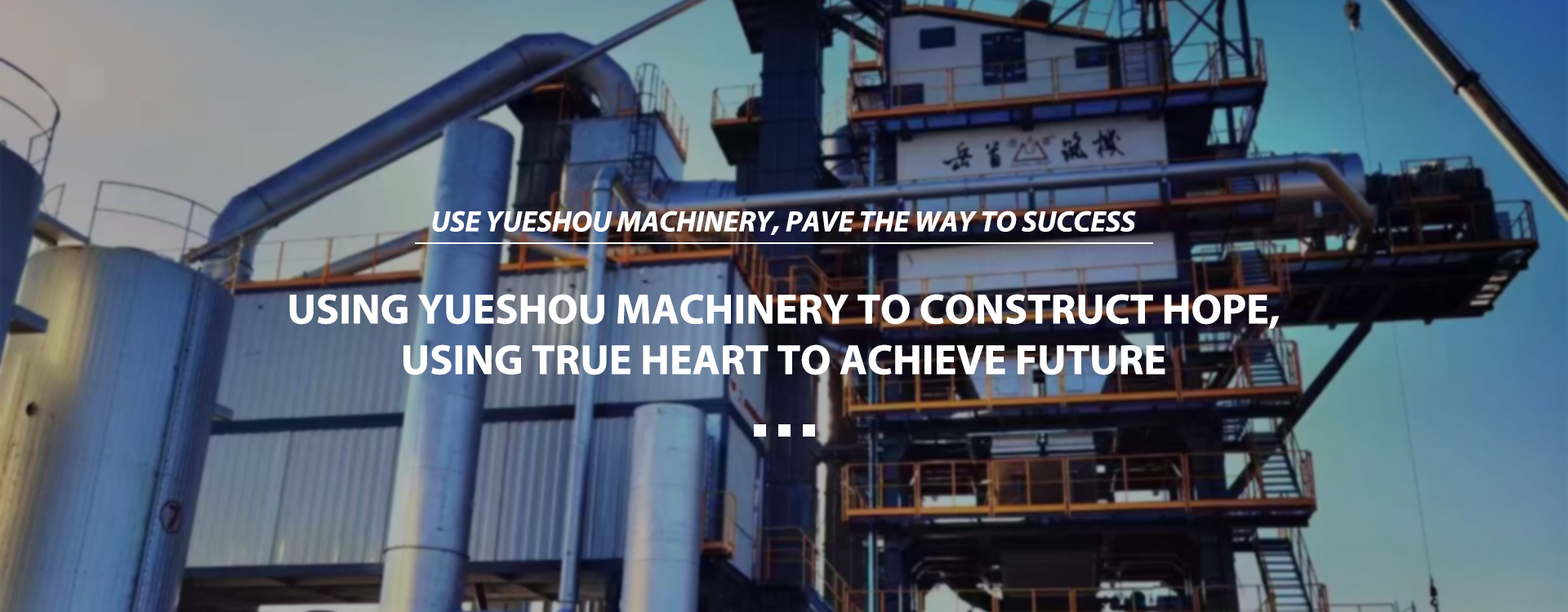
Best selling products
Best selling products-
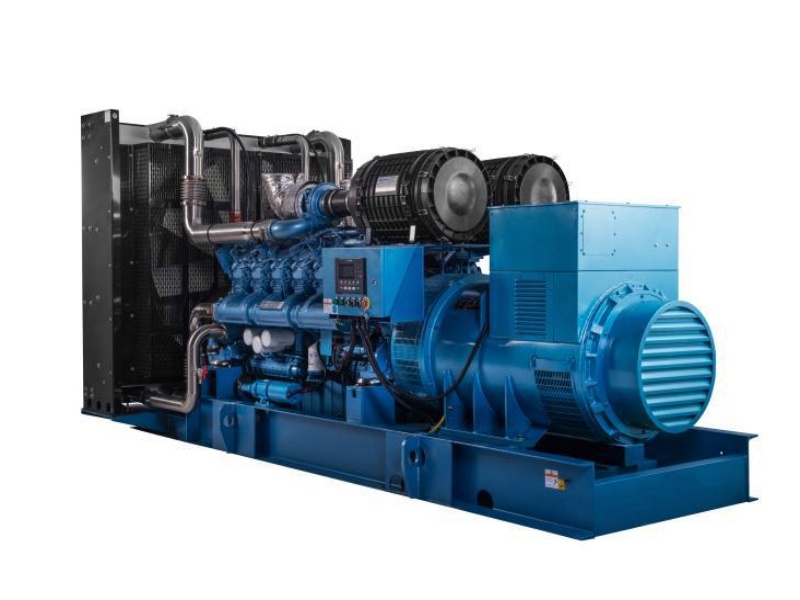 WEICHAI SERIES DIESEL GENERATOR SET
WEICHAI SERIES DIESEL GENERATOR SET -
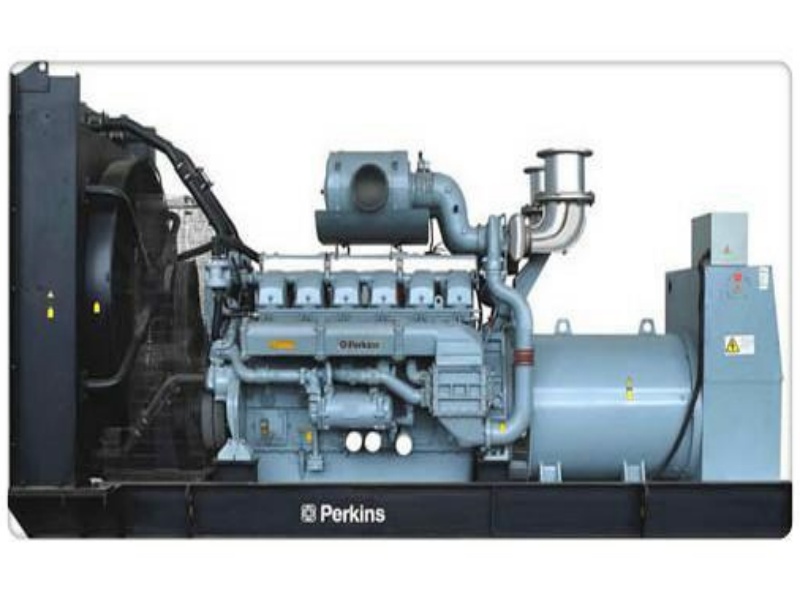 PERKINS SERIES DIESEL GENERATOR SET
PERKINS SERIES DIESEL GENERATOR SET -
 Modular Type
Modular Type -
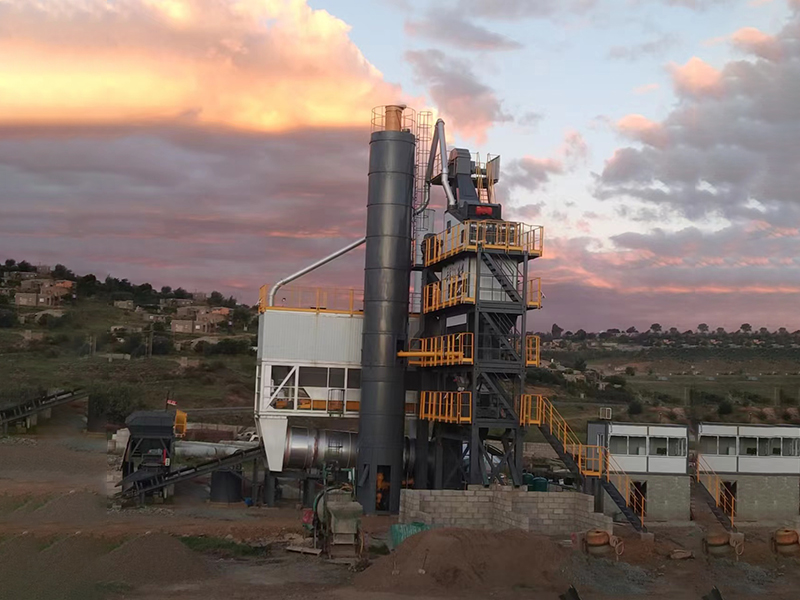 LB1500 asphalt mixing plant
LB1500 asphalt mixing plant -
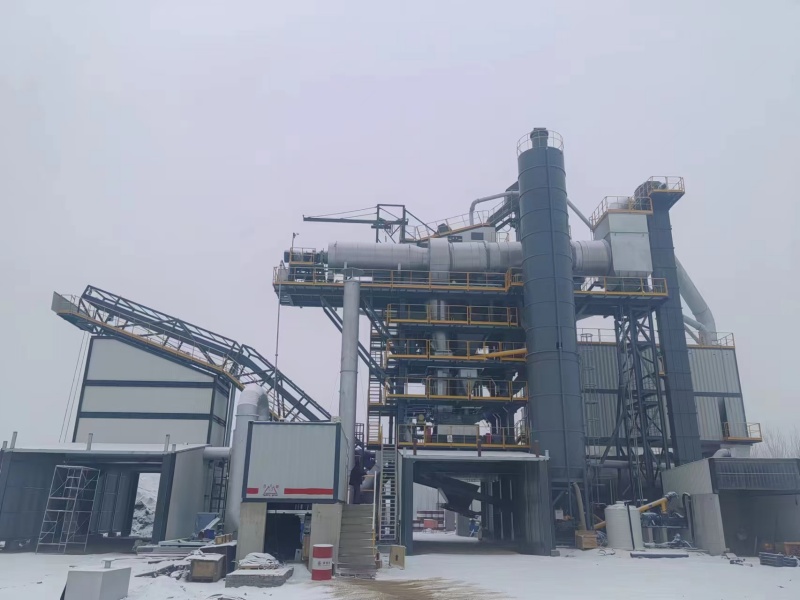 High Position Rotary Drum Type
High Position Rotary Drum Type -
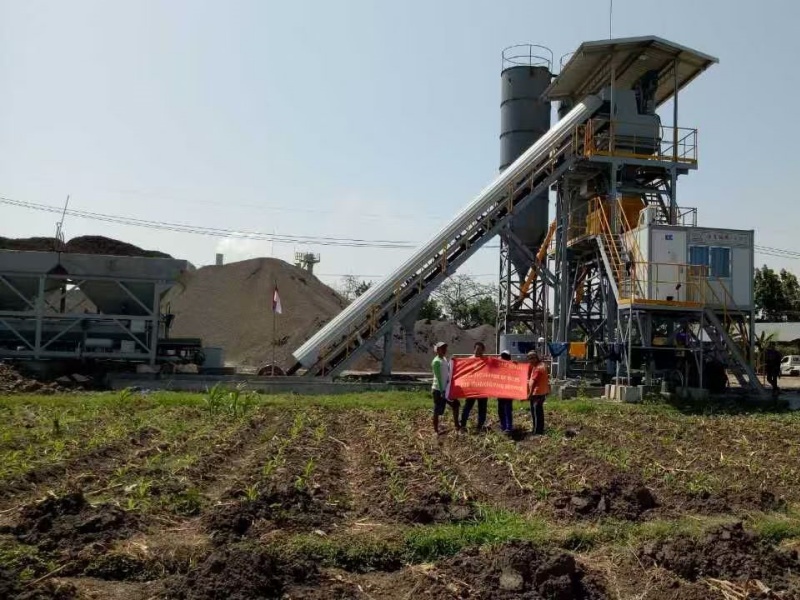 HZS75 Concrete mixing plant
HZS75 Concrete mixing plant -
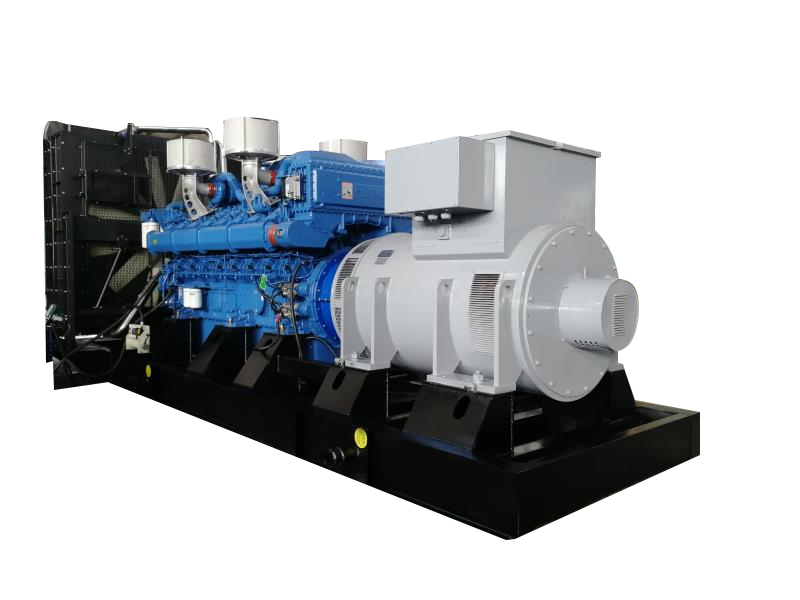 HIGH-VOLTAGE GENERATOR SETS
HIGH-VOLTAGE GENERATOR SETS -
 Slide Rail Bucket- lifting Type concrete batching plant
Slide Rail Bucket- lifting Type concrete batching plant -
 Stabilized Soil Batching Plant
Stabilized Soil Batching Plant -
 Container Type
Container Type -
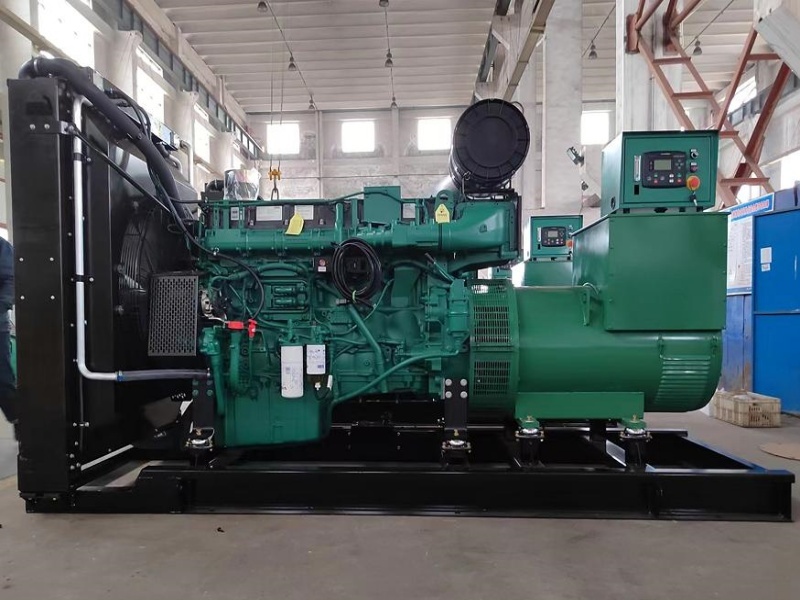 VOLVO SERIES DIESEL GENERATOR SET
VOLVO SERIES DIESEL GENERATOR SET -
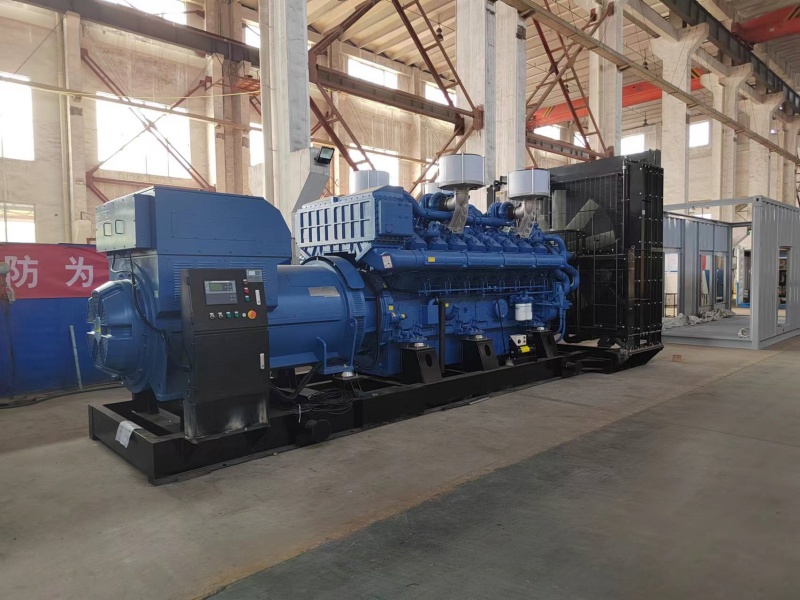 YUCHAI SERIES DIESEL GENERATOR SET
YUCHAI SERIES DIESEL GENERATOR SET
Related search
Related search- High-Quality rieth riley asphalt plants Products
- Buy acc concrete plant
- High-Quality meka concrete plants Suppliers
- High-Quality portable concrete plant for sale Manufacturers
- High-Quality precast concrete planters near me Products
- High-Quality cw matthews asphalt plant Companies
- High-Quality miller asphalt plant Exporters
- High-Quality martin marietta asphalt plant Factories
- Discount intrame asphalt plant
- High-Quality cw roberts asphalt plant Companies

